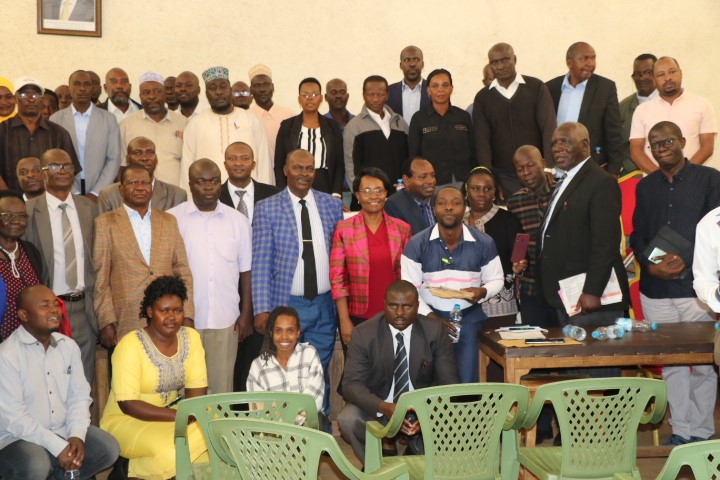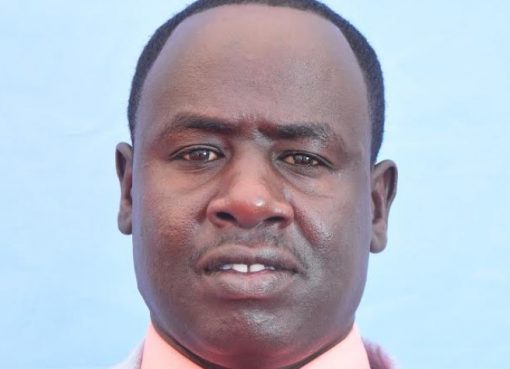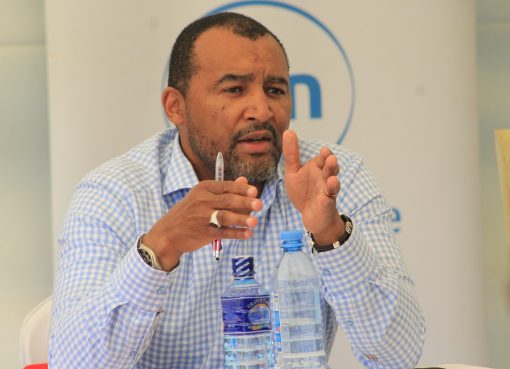Stakeholders in the Justice system in Kakamega County have welcomed the establishment of the National Coroner Service to help investigate and determine the causes of death of individuals as a result of unnatural causes.
Speaking during a public participation forum held at Magribi hall in Kakamega town, participants proposed several changes, including a broadened reporting system.
Unlike the previous arrangement where deaths were only reported to the police, the new system will allow reports to be made to area assistants, chiefs, Assistant County Commissioners, as well as the County Commissioner to improve the accuracy and reliability of death investigations.
The National Coroner Service is a public agency responsible for investigating and determining the cause of death of individuals who die suddenly or as a result of unnatural causes.
“This bill aims to reform the way justice is administered in cases of reportable deaths by creating an independent coroner service to investigate and determine the causes of death,” according to Emily Chweya, Director of Legal Affairs in the Office of the Attorney General.
She said the Coroner Service, which will be coordinated by the police, the judiciary, Registrar of Births and Deaths, Director of Public Prosecution as well as Independent Police Oversight Authority (IPOA) aims to enhance accountability and ensure that perpetrators of deaths are brought to justice.
“Our goal is to ensure that justice is served for the families of the deceased persons,” said Ms. Chweya.
The service will be overseen by a council comprising of representatives from various state ministries, the civil society, the Kenya National Commission on Human Rights (KNCHR), the Law Society of Kenya, and the Council of Governors.
It will also include a Coroner General whose main duties will be to issue burial permits for persons who die from reportable deaths, request a magistrate to conduct an inquest as well as designate a facility for contemporary holding or storage of bodies as well as transfer of the deceased persons outside the country.
Dr. Johannes Odour, the Government Pathologist said the initiative stems from the National Coroner Service Act of 2017, which was signed by the President into law but faced operational challenges due to structural defects and gaps.
He said this necessitated the need to have some amendments to the Act and in line with the provision of the constitution, there was a need to subject the Bill to public participation to make the service functional.
Another significant proposal was the inclusion of religious leaders and faith-based organizations in the service to ensure comprehensive community involvement.
“For timely, reliable, and credible information to help make informed decisions, we have embraced a multi-agency approach to work as a team,” said the Kakamega County Commissioner Meru Mwangi.
Haggai Muimo, a resident, commented, “We, as participants, have expressed our views and made our proposals, and we are sure they will be taken into consideration.” he added.
The public participation process for the National Coroner Amendment Bill will continue for two weeks in Kisumu and Eldoret before it’s concluded in the Central Kenya region.
In the past, Kenyans and human rights defenders have often faulted the police for carrying out inadequate or shoddy investigations in unnatural deaths.
A case in point include the recent killings in Kilifi County where more than 90 bodies were exhumed in mass graves by scene investigators who are essentially police officers as well as bodies being discovered in rivers.
Stakeholders believe the National Coroner Service will be able to provide independent and impartial investigations into such incidents and ensure accountability.
By George Ndeto





